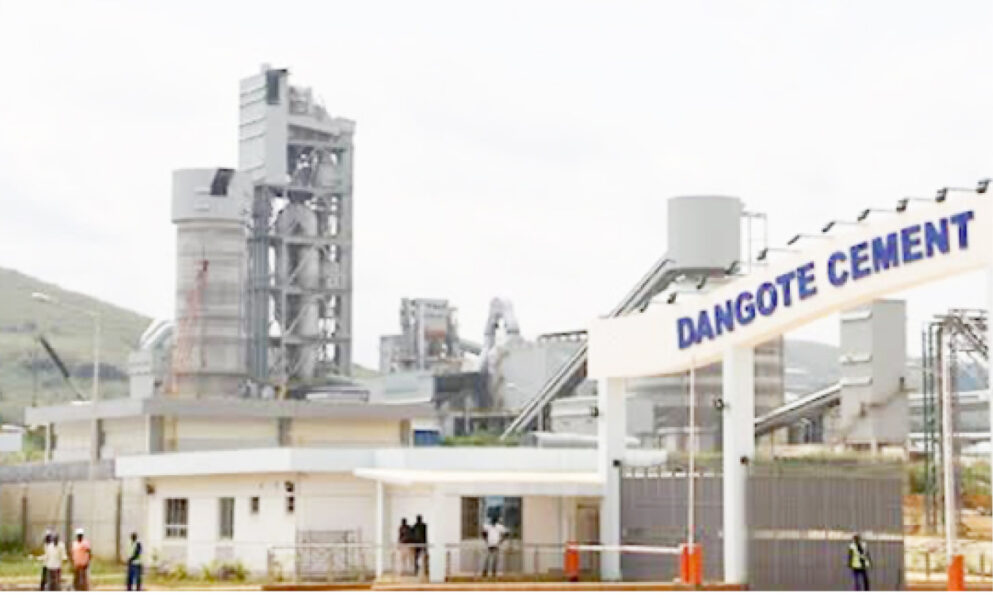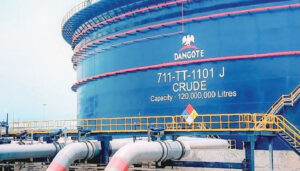
- Businesses Seek Stability Amid Foreign Exchange Volatility
Dangote Group’s three publicly listed companies—Dangote Sugar Refinery, Dangote Cement, and NASCON Allied Industries—have reported a staggering N423.3 billion in foreign exchange (FX) losses for 2024.
This marks a sharp 261.8% increase from the N117 billion recorded in the previous year, underscoring the severe impact of Nigeria’s volatile currency on corporate earnings.
Manufacturers and fast-moving consumer goods (FMCG) firms have struggled with escalating FX challenges since early 2023, with the crisis eroding shareholder value and pushing many companies into financial distress. While Dangote’s firms had previously kept FX losses manageable, last year’s sharp naira depreciation—driven by erratic FX supply, rising inflation, and mounting external debt—exposed their vulnerabilities, cutting deep into profits.
Dangote Sugar Refinery took the biggest hit, with FX losses surging to N172.2 billion. The company reported a pre-tax loss of N108.92 billion, a stark contrast to the N82.3 billion pre-tax profit recorded in 2023. The firm’s reliance on imported raw sugar and industrial inputs made it particularly vulnerable to currency depreciation.
Dangote Cement, despite its industry dominance, recorded FX losses of N249 billion from international operations. However, strategic pricing adjustments and economies of scale allowed it to post a net profit of N503.2 billion, a 10% rise from the N455.6 billion recorded in 2023.
NASCON Allied Industries reported FX-related losses of N3 billion in Q1 2024, contributing to a 25% drop in profit after tax (PAT) to N1.2 billion. By Q3, additional FX losses of N1.8 billion caused a 19% decline in PAT to N9 billion. Despite these setbacks, the company managed a 14.9% increase in full-year profit, reaching N23.6 billion from N20.5 billion in 2023.
Industry analysts urge companies to adopt robust hedging mechanisms, such as forward contracts and currency swaps, to minimize FX risks. Additionally, expanding local sourcing of raw materials could reduce reliance on costly imports, while increasing export revenues would help businesses generate their own foreign exchange rather than depend on the Nigerian FX market.
Experts also emphasize the role of government and monetary policy in stabilizing the exchange rate. A steady FX supply from the Central Bank of Nigeria (CBN) would shield manufacturers from unpredictable fluctuations in the parallel market. A more transparent and predictable FX policy, they argue, would allow businesses to plan more effectively and mitigate sudden currency devaluations.
Patrick Ajudua, President of the New Dimension Shareholders Association of Nigeria, suggests that manufacturers accelerate backward integration, expand local farming and refining capacity, and strengthen regional operations to limit FX exposure. Beyond FX stability, he highlights the need for structural economic reforms, including improved power supply, reduced port congestion, and enhanced infrastructure.
Offering tax incentives to encourage local production could also help reduce dependence on FX, ensuring that businesses like Dangote Group navigate Nigeria’s economic challenges more effectively and sustain long-term growth.








